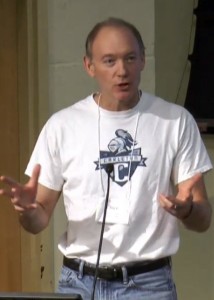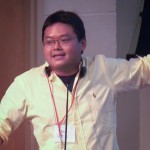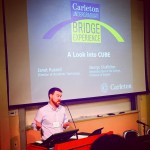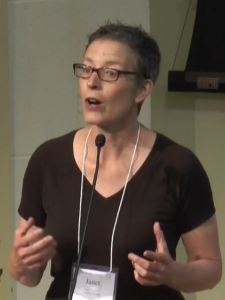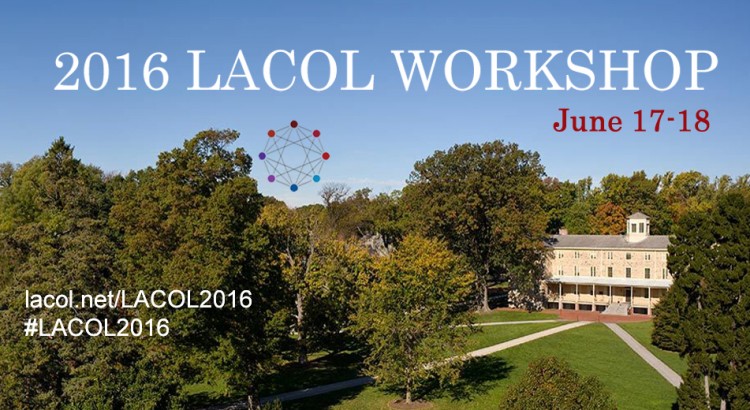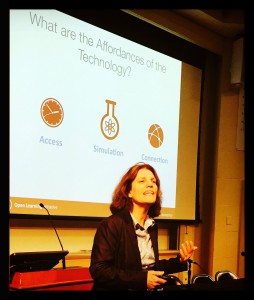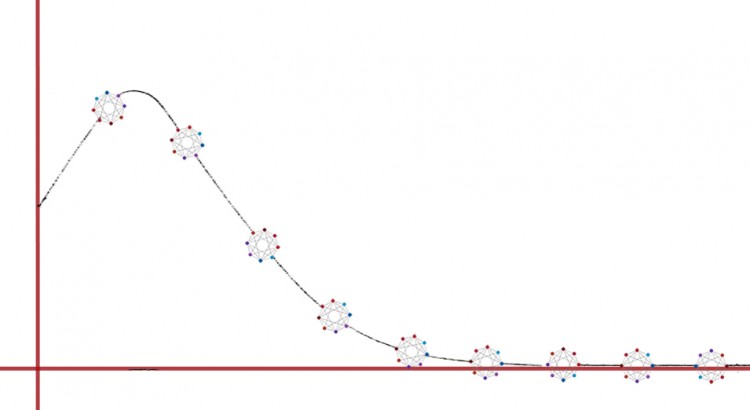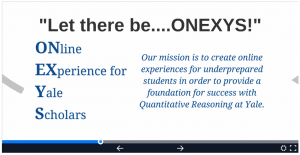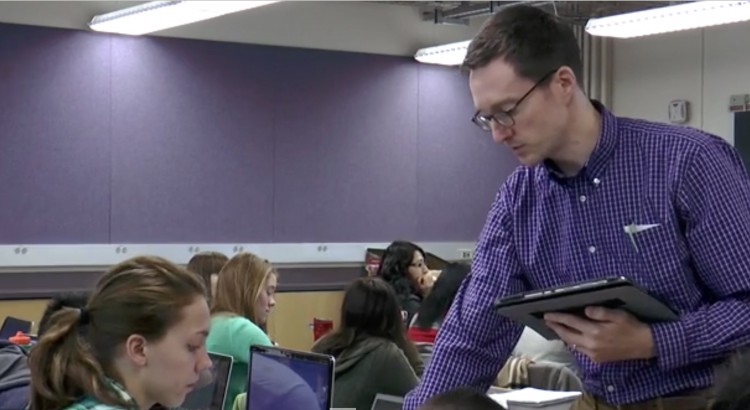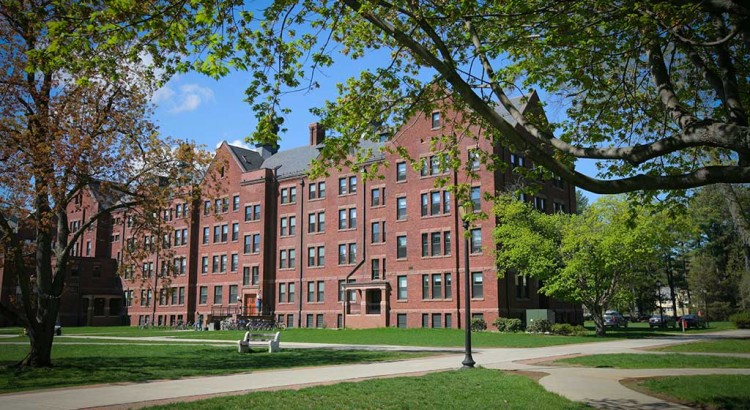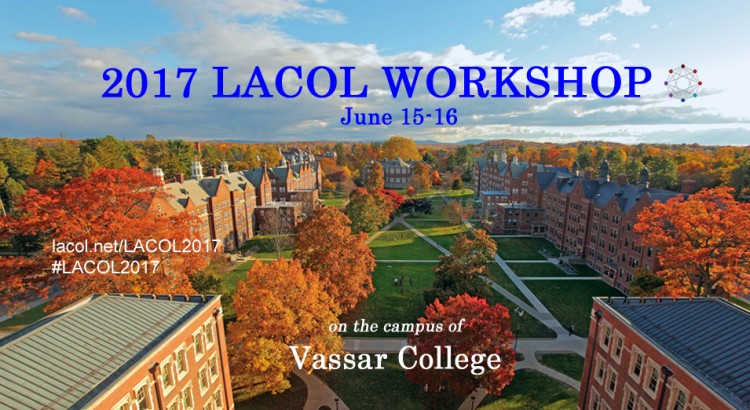Learning Data. What do we know? What do we want to know?
Format: 1.5 h web conference, multi-disciplinary panel
Date: Wednesday, April 27
Registration required: registration closed, this event is in the past.
VIDEO HIGHLIGHTS: https://lacol.net/learning-data-panel-highlights/
Panelists:
- Dr. Audrey Bilger, Professor of Literature and Faculty Director of the Center for Writing & Public Discourse, Claremont McKenna College; incoming Vice President of Academic Affairs and Dean of the College, Pomona College
- Dr. Catherine Crouch, Associate Professor of Physics, Swarthmore College
- Dr. Richard De Veaux, Professor of Statistics, Williams College
- Dr. Saleha Jilani, Assistant Professor of Economics, Haverford College
- Dr. Andrea Nixon, Director of Educational Research, Carleton College
(see more below on the panelists’ perspectives)
Topics in brief:
- Learning data generally: What do we mean by learning data? How is such data collected? Where does it live?
- Faculty perspectives: What data sets are typically available to faculty? What insights can be gained? What other kinds of data might be useful?
Mini Case Studies:
-
Student course responses at Williams College: As part of a year long look at teaching evaluations, Dick De Veaux analyzed 10 years of data from Williams, about 100,000 student course responses. Some of the results were as expected, others were more surprising. He’ll summarize some of the things he’s learned from the analysis and point to what it says about the possible future of teaching evaluations at Williams.
- Evaluating ALEKS at Carleton College: Andrea Nixon will share an overview of Carleton’s approach and the insights gained in assessing their pilot of ALEKS, an adaptive online tool for supporting students with Quantitative Skills.
Discussion/Q&A:
- The second half of the session will be devoted to discussion among the five panelists with opportunity to take questions and gather additional views from the online audience.
About the Learning Data panel:
The focus of this online conversation is to set a broad frame for faculty perspectives on “learning data” as it is useful in guiding teaching and student success in the liberal arts. This area has rich possibilities for exploration and potential collaboration as a Consortium. Although related, this panel is not intended as a discussion of “learning analytics” methodologies/tools, or assessment as it may relate to accreditation.
Panelist Perspectives:
Dr. Audrey Bilger, Incoming Vice President of Academic Affairs and Dean of the College, Pomona College. Professor Bilger is interested in the human face of learning data. How are the “unmeasurable” aspects of learning captured and reflected in faculty teaching practice? Can narrative inquiry contribute in useful ways? She is also interested in communicating the value of learning data to faculty who may resist the idea of quantifying the unquantifiable.
Dr. Catherine Crouch, Assoc. Professor of Physics, Swarthmore College. Professor Crouch has led numerous research projects evaluating instruction and also seeks to be guided by data from the discipline-based education research community on best practices for teaching. Her experiences with these projects have also made her aware of the constraints that individual faculty face in gathering data to evaluate their courses and curriculum, as well as the institutional challenges that faculty face in implementing research-based pedagogies and practices.
Dr. Richard De Veaux, Professor of Statistics, Williams College. Professor De Veaux is deeply engaged with faculty and IR colleagues at Williams to develop more meaningful statistical analyses of teaching performance. Rethinking the design of student course evaluations can lead to better insights for faculty and for the institution. As a textbook author, he is interested in the evolution of student performance metrics and the increasing reliance of faculty on these assessments.
Read More
